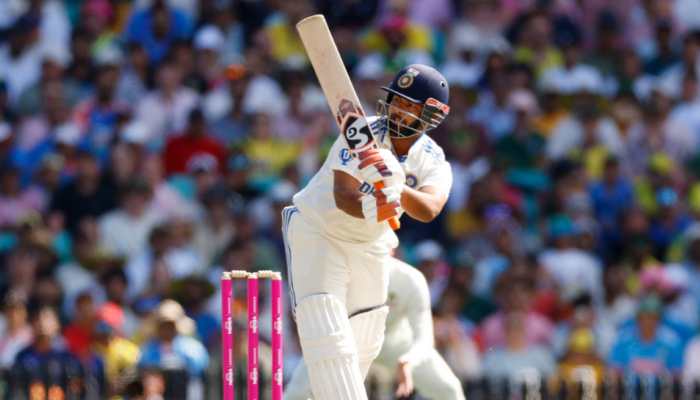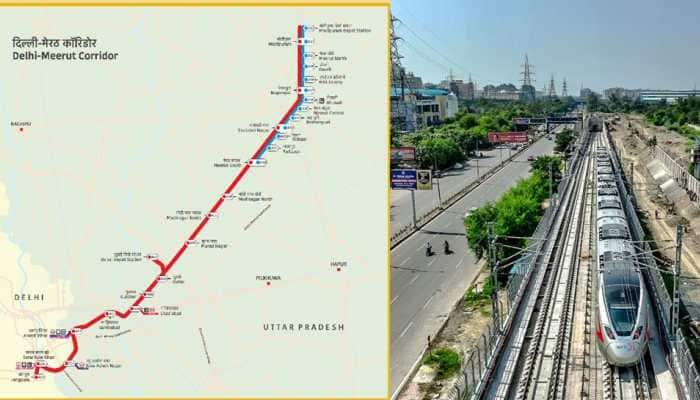Farm loan waivers has HDFC Bank doubling provisions,net up 20.2%
The higher bad loans had the bank making higher provisions which almost doubled, which led it miss the street estimate on the bottom line.
Trending Photos
)
Mumbai: A rise in core income helped HDFC Bank report a 20.2 percent jump in June quarter net at Rs 3,894 crore, but the rash of farm loan waivers led to a dip in repayments leading to its highest NPA ratio in years.
The higher bad loans had the bank making higher provisions which almost doubled, which led it miss the street estimate on the bottom line.
The city-headquartered bank's total provisions almost doubled to Rs 1,558 crore from Rs 866 crore a year ago. Higher provision includes Rs 121 crore set aside for its exposure to potentially stressful sectors even if it is standard.
The second largest private sector lender reported a 20.4 percent rise in net interest income at Rs 9,370.7 crore, which along with a 20 per cent growth in advances helped net interest margin to widen to an above target 4.4 percent.
Other income grew 25.3 percent to Rs 3,516.7 crore, helped largely by a 30 percent growth in fees and commissions, the largest component.
The quarter saw an increasing propensity among farmers to stop repayments on their loans, which resulted in the bank reporting a gross non-performing asset ratio of 1.24 percent, one of the highest in recent years for the bank that has been known for its asset quality for decades.
Agri loans, where its total exposure is Rs 28,000 crore and meeting the 18 percent mandatory priority sector lending requirement to the sector, resulted in a 0.13 percent spike in NPAs.
"Almost 60 per cent of fresh slippages have come from the agri portfolio. A fair portion does reflect the changed customer behaviour in anticipation of the loan waivers that were announced. But something like this in a year when otherwise the harvest has been good, is out of our control," deputy managing director Paresh Sukhtankar told reporters.
There has been a rash of farm loan waiver announcements by states like Uttar Pradesh, Maharashtra, Punjab, Karanataka and Tamil Nadu in recent months. Analysts estimate these waivers to touch 2 percent of GDP of these states, while the Reserve Bank has repeatedly made its displeasure on the issue known, saying it affects the credit culture.
On the higher provisions, Sukthankar said the board has decided to provide up to 1 percentage point as against the mandatory 0.40 percent to the telecom sector on RBI advice, and it has also decided to provide extra on its exposures to the iron and steel sector. But the bank has not dipped into its floating provisions created previously, he added.
On the pressure from micro-businesses segment, which the bank had reported in the March quarter in the wake of the note-ban, Sukhthankar said it will take one more quarter for it to go off.
The entire impact of GST, especially on the smaller businesses, will be clear only one quarter later, he said.
Its operating expenses were up by a slower 12.6 percent, leading to further reduction in the cost-to-income ratio which improved to 42.7 percent.
After multiple quarters of its declining staff strength, total number of employees remained flat at over 84,000 in the reporting period and Sukthankar said the bank will continue with its efficiency efforts.
On the margin front, he said the bank is happy achieving a higher number for a single quarter but added on an annualized basis, they will come at 4.1-4.3 percent.
Total deposits grew 17 percent and was led by greater accretion of fixed deposits, which was the reason for the share of the low-cost current and savings account deposits falling to 44 percent.
Sukthankar said the fixed deposits were up due to corresponding loan demand and added it continues to see requirements on the working capital and refinance side even as greenfield project demand remains elusive.
It bought Rs 24,600 crore home loans generated by it from parent HDFC in the quarter which was slower than usual, but Sukthankar said the same will go up in the next quarter.
The overall capital adequacy came at 15.6 percent, with the core tier-I at 13.6 percent.
Even as multiple banks speculated to look for inorganic growth opportunities, Sukthankar said the bank does not "chase" inorganic growth opportunities and termed organic growth as its core strategy.
Domestic brokerage Reliance Securities said the marginal rise in gross NPAs is not a worry as headline NPA and the provision coverage ratio of the bank continue to remain best-in-class in the industry.
The bank scrip gained 2.03 percent to close at Rs 1,738 on the BSE as against a 0.68 percent gain in the benchmark Sensex.
Stay informed on all the latest news, real-time breaking news updates, and follow all the important headlines in india news and world News on Zee News.
Live Tv







)
)
)
)
)
)
)
)
)
)
